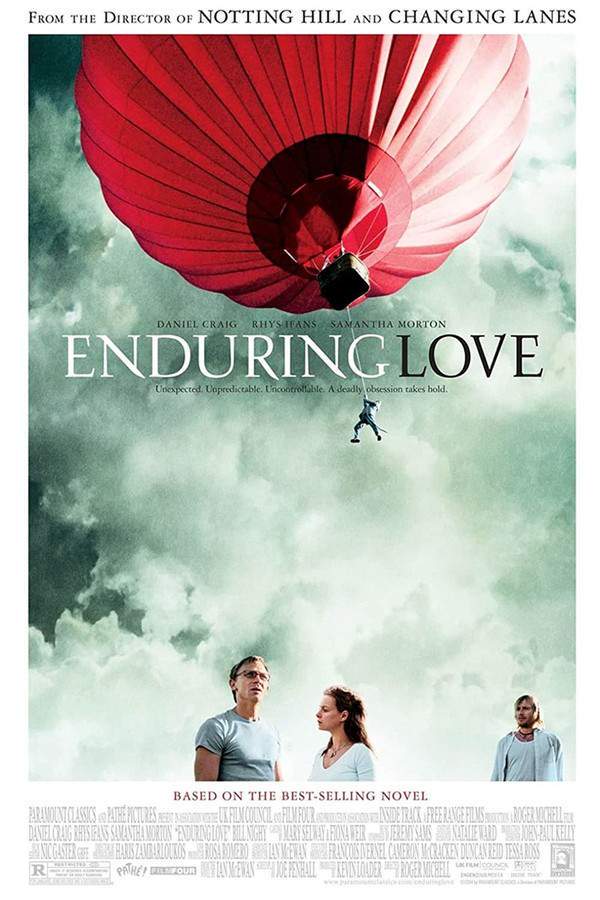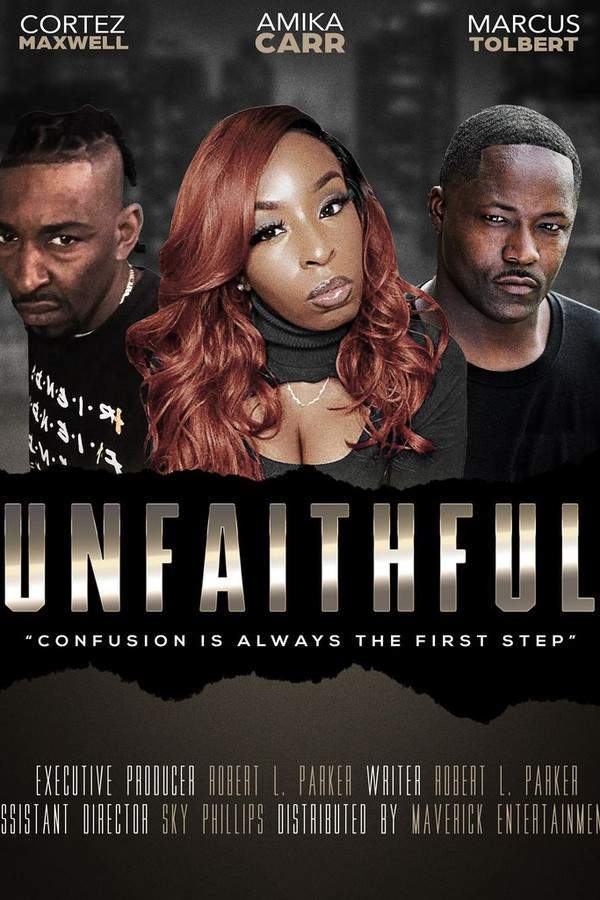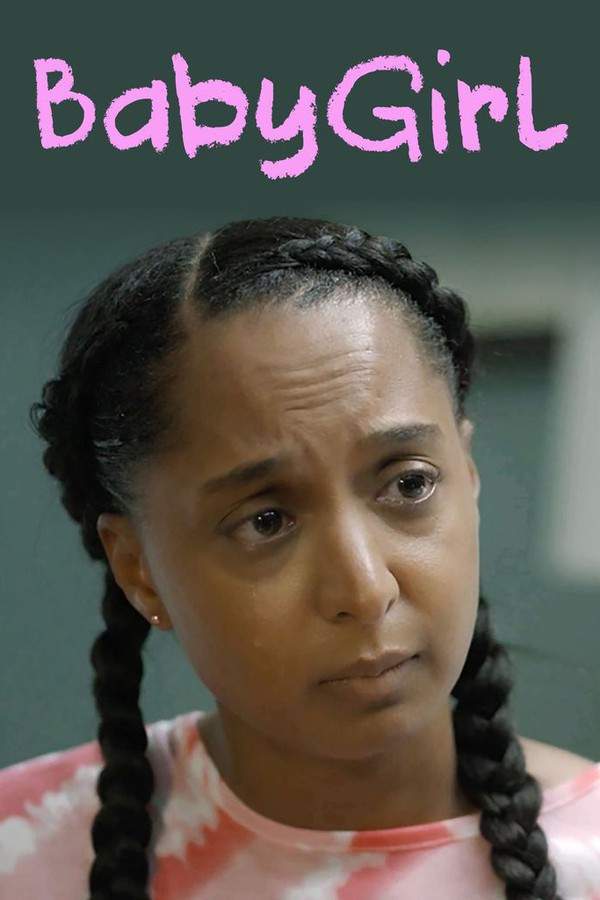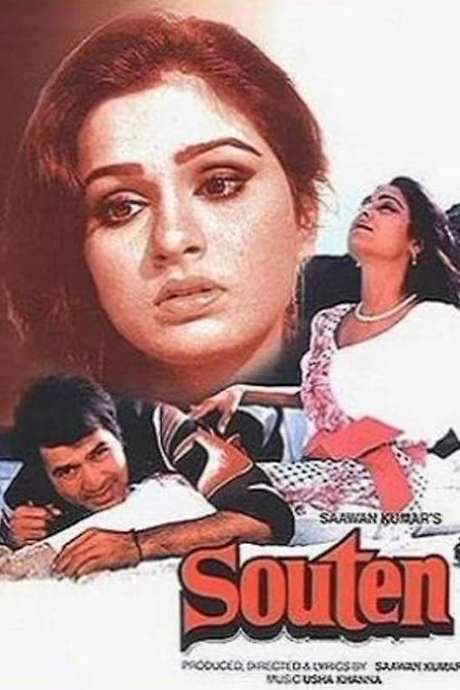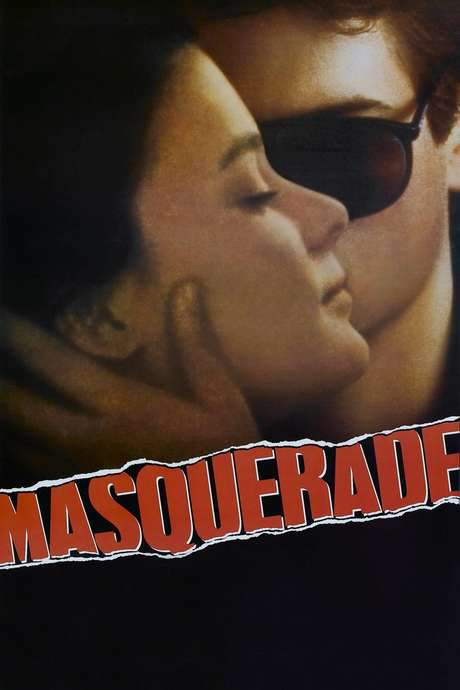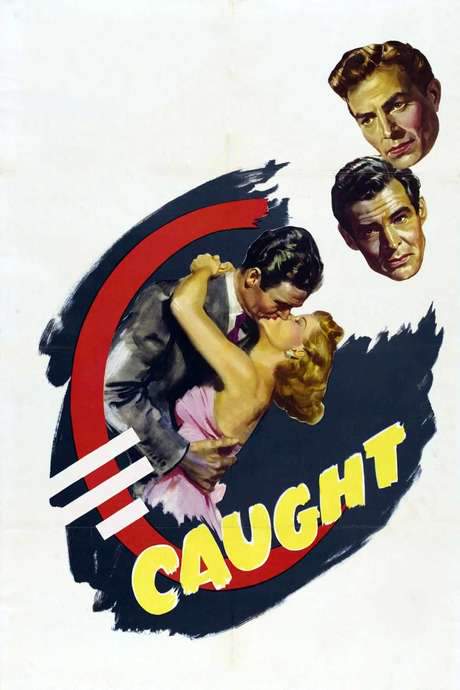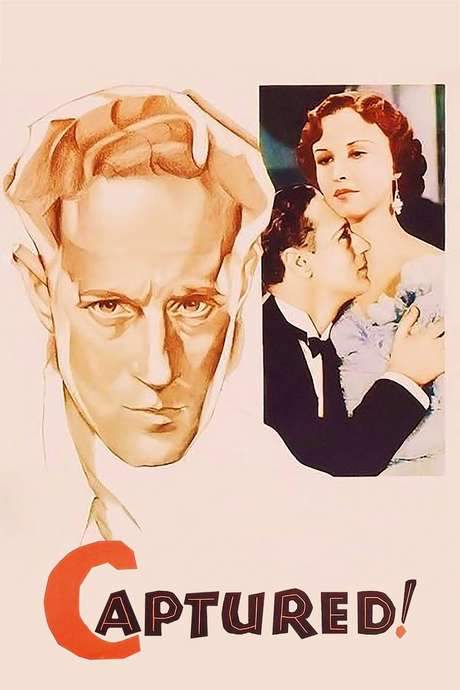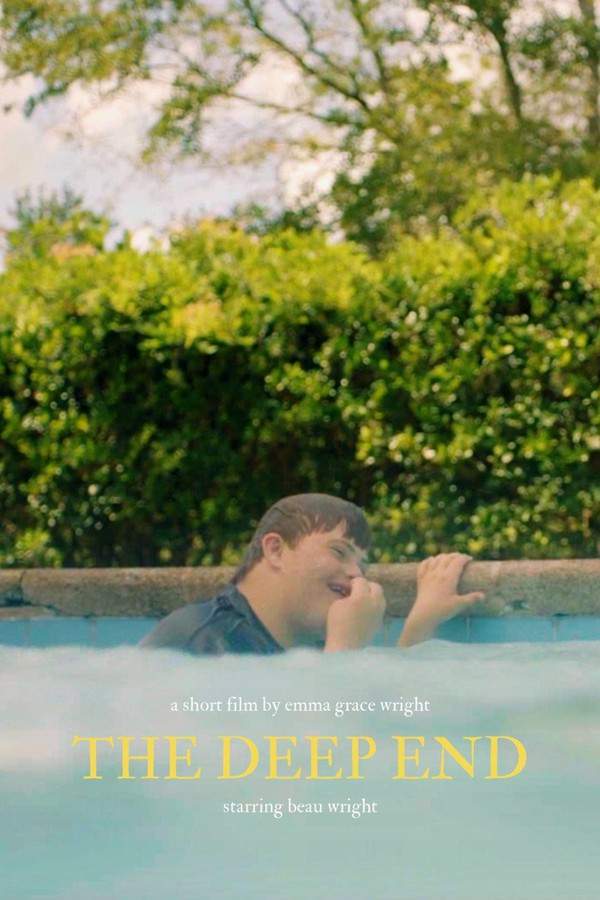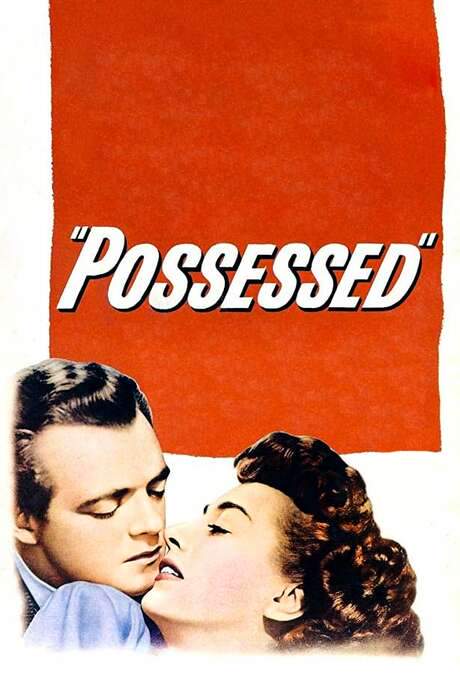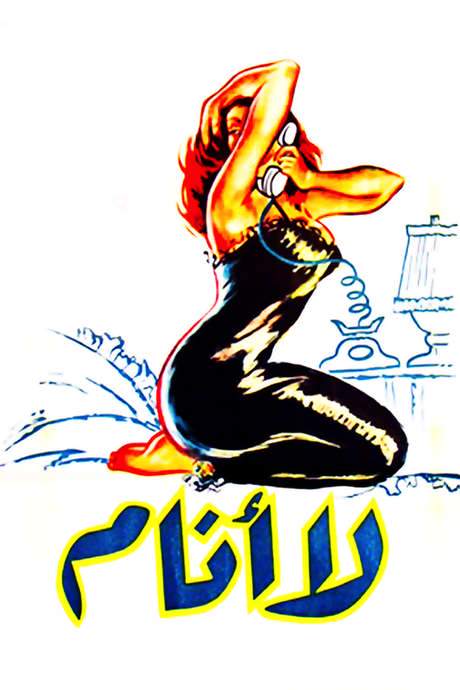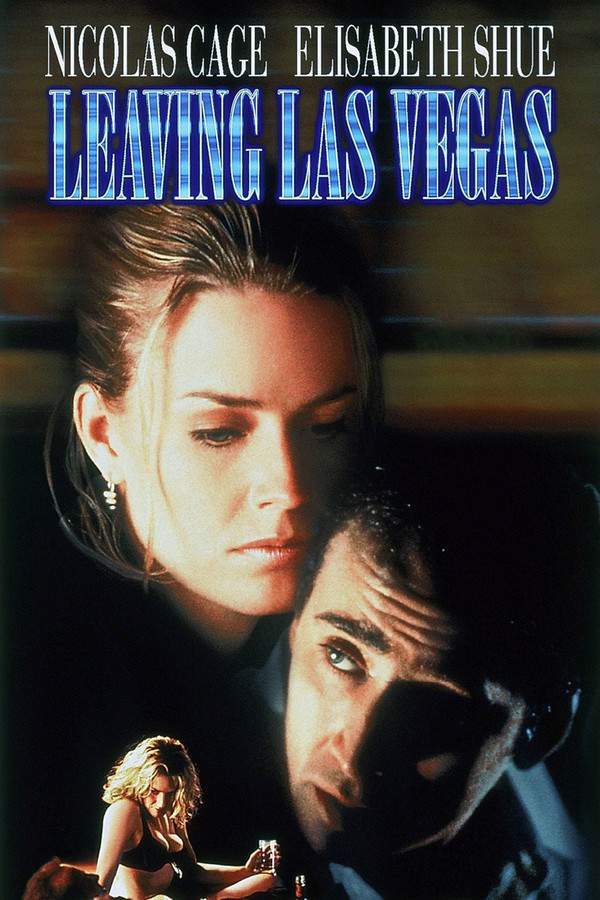
Leaving
Year: 2010
Runtime: 85 min
Language: French
Director: Catherine Corsini
In the south of France, Suzanne finds her marriage and routine life suffocating, leading her to a passionate affair with Ivan, a charming former convict working on their property. Their relationship intensifies, fueled by forbidden desire, but complicated by guilt and the fear of exposure. As buried secrets begin to surface, the consequences threaten to unravel everything.
Warning: spoilers below!
Haven’t seen Leaving yet? This summary contains major spoilers. Bookmark the page, watch the movie, and come back for the full breakdown. If you're ready, scroll on and relive the story!
Timeline & Setting – Leaving (2010)
Explore the full timeline and setting of Leaving (2010). Follow every major event in chronological order and see how the environment shapes the story, characters, and dramatic tension.
Last Updated: October 22, 2024 at 19:33
Main Characters – Leaving (2010)
Meet the key characters of Leaving (2010), with detailed profiles, motivations, and roles in the plot. Understand their emotional journeys and what they reveal about the film’s deeper themes.
Last Updated: October 22, 2024 at 19:33
Major Themes – Leaving (2010)
Explore the central themes of Leaving (2010), from psychological, social, and emotional dimensions to philosophical messages. Understand what the film is really saying beneath the surface.
Last Updated: October 22, 2024 at 19:33
Explore Movie Threads
Discover curated groups of movies connected by mood, themes, and story style. Browse collections built around emotion, atmosphere, and narrative focus to easily find films that match what you feel like watching right now.
Movies about suffocating marriages and escape like Leaving
Intense stories of breaking free from oppressive relationships through passion.If you were captivated by the tense drama of Leaving, explore these movies about marital crisis and desperate escapes. These films share a similar vibe of oppressive relationships, intense emotional weight, and characters seeking freedom through forbidden passion, often with bittersweet outcomes.
Narrative Summary
Stories in this thread typically follow a linear character arc from entrapment to rebellion. A protagonist, stifled by domestic routine and psychological or financial control, finds an illicit outlet for passion and self-discovery. This awakening fuels a chain of confrontations, secrets, and sacrifices, culminating in an escape that is both a victory and a profound loss.
Why These Movies?
These movies are grouped by their shared focus on the psychological battle within a marriage, the intensity of forbidden desire as a catalyst for change, and the heavy emotional consequences of choosing personal freedom over security. They deliver a consistent experience of tension, passion, and melancholic resolution.
Movies with slow burn erotic tension like Leaving
Where simmering desire fuels a tense and claustrophobic character study.For viewers who appreciated the steady build of passion and dread in Leaving, this collection highlights similar movies with intense erotic tension. These films share a methodical pacing, a tense and oppressive mood, and explore the heavy psychological consequences of sexual awakening and forbidden love.
Narrative Summary
The narrative pattern involves a gradual, methodical build-up of erotic tension within a restrictive environment. The affair or attraction serves as the central catalyst, but the real conflict is psychological, pitting desire against guilt, societal norms, or a powerful antagonist. The plot unfolds through key intimate moments and escalating confrontations, leading to an emotionally charged, often ambiguous or bittersweet, conclusion.
Why These Movies?
These films are connected by their unique blend of steamy romance and psychological thriller elements. They share a specific mood mix: passionate yet tense, erotic yet claustrophobic. The similarity lies in the viewing experience—a steady, gripping unraveling of characters driven by desire into morally complex and dangerous territory.
Unlock the Full Story of Leaving
Don't stop at just watching — explore Leaving in full detail. From the complete plot summary and scene-by-scene timeline to character breakdowns, thematic analysis, and a deep dive into the ending — every page helps you truly understand what Leaving is all about. Plus, discover what's next after the movie.
Leaving Summary
Read a complete plot summary of Leaving, including all key story points, character arcs, and turning points. This in-depth recap is ideal for understanding the narrative structure or reviewing what happened in the movie.

Leaving Timeline
Track the full timeline of Leaving with every major event arranged chronologically. Perfect for decoding non-linear storytelling, flashbacks, or parallel narratives with a clear scene-by-scene breakdown.

Leaving Spoiler-Free Summary
Get a quick, spoiler-free overview of Leaving that covers the main plot points and key details without revealing any major twists or spoilers. Perfect for those who want to know what to expect before diving in.

More About Leaving
Visit What's After the Movie to explore more about Leaving: box office results, cast and crew info, production details, post-credit scenes, and external links — all in one place for movie fans and researchers.

Similar Movies to Leaving
Discover movies like Leaving that share similar genres, themes, and storytelling elements. Whether you’re drawn to the atmosphere, character arcs, or plot structure, these curated recommendations will help you explore more films you’ll love.
Explore More About Movie Leaving
Leaving (2010) Plot Summary & Movie Recap
Leaving (2010) Scene-by-Scene Movie Timeline
Leaving (2010) Spoiler-Free Summary & Key Flow
Movies Like Leaving – Similar Titles You’ll Enjoy
Leaving Las Vegas (1995) Film Overview & Timeline
By the Sea (2015) Complete Plot Breakdown
Lover for a Day (2018) Plot Summary & Ending Explained
Unfaithful (2002) Plot Summary & Ending Explained
In Secret (2014) Ending Explained & Film Insights
Leave It to Lucie! (2000) Spoiler-Packed Plot Recap
The Affair (2004) Complete Plot Breakdown
Leaving Metropolis (2002) Spoiler-Packed Plot Recap
Feelings (2003) Ending Explained & Film Insights
The Art of Breaking Up (2005) Spoiler-Packed Plot Recap
Leef! (2005) Full Movie Breakdown
Exit (1970) Detailed Story Recap
Why Not! (1977) Full Movie Breakdown
Leave Her to Heaven (1945) Full Summary & Key Details
Out of Control (2024) Complete Plot Breakdown


